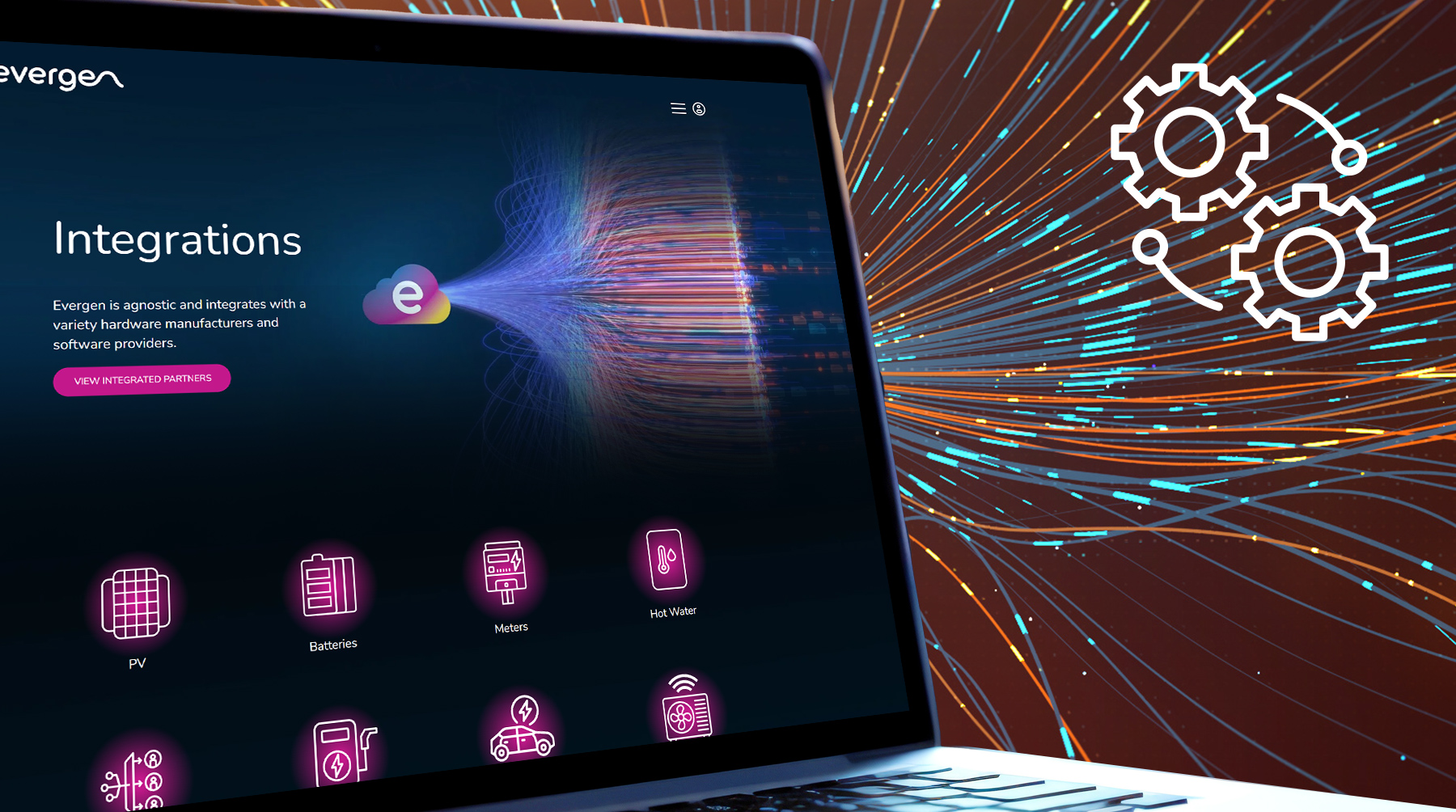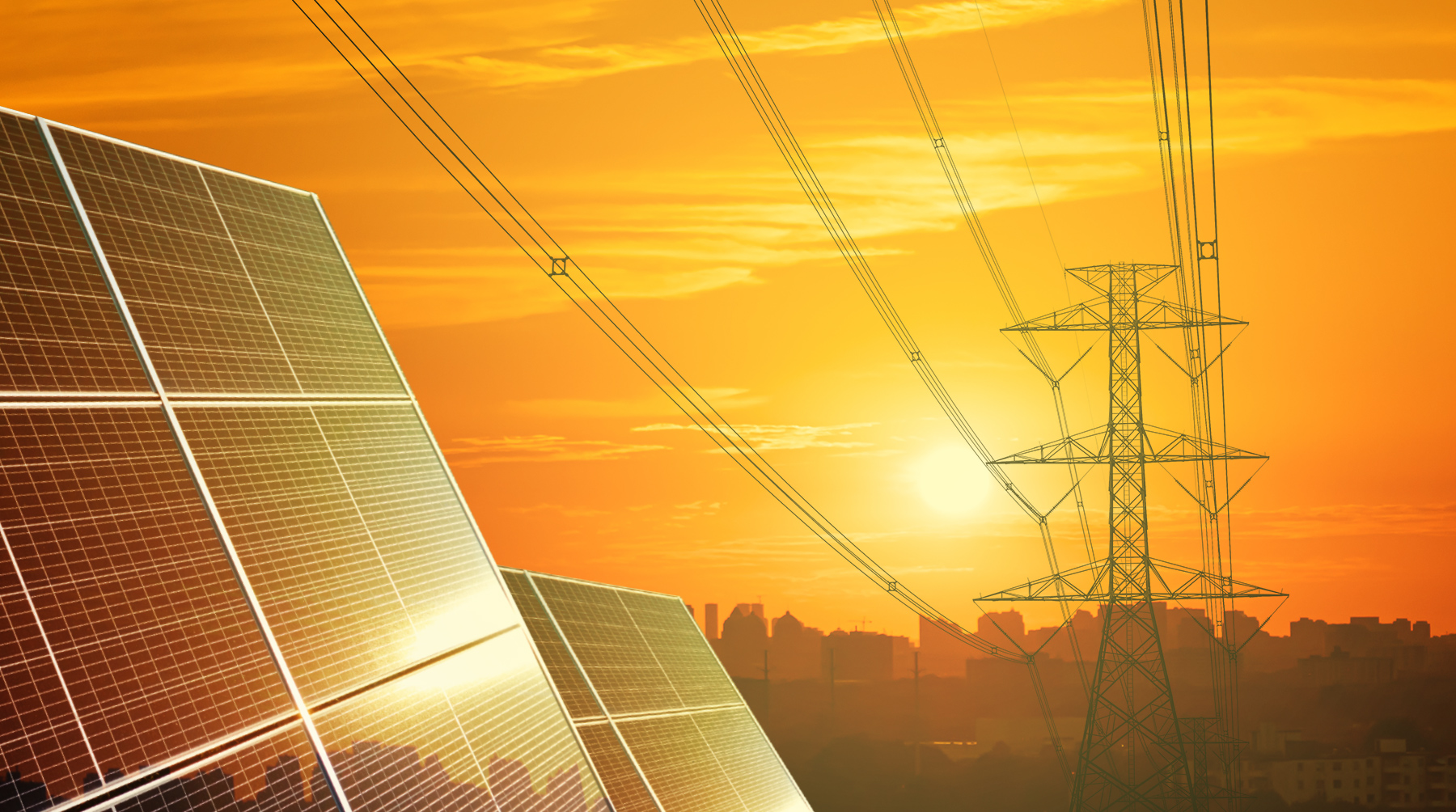By Ben Hutt, CEO and Managing Director at Evergen
In January I made a New Year’s resolution to stop flying domestically because I was spending too much time away from my home and family. I got a lot of resistance. Now, as you can imagine, there is no resistance at all. Technology has had a major role to play in the transition to our new normal, changing the way we work, learn and connect.
Along with the health implications of COVID-19 came the sweeping economic challenges we now all face. Entire industries like transport, retail, entertainment, sport and education have been changed forever, seemingly overnight.
2020 is the year of resilience, learning, adaptation and transformation.
In the last few months I’ve learned many lessons. I’ve noticed that I take less things for granted and I prioritise my time differently. I do fewer things, but I do them with more focus and commitment. I do the things I do better than I did before.
One thing has remained the same that affects all of us. We still need to stop the planet from heating up or our kids and their kids will be greatly impacted. That is just a fact. But to solve this massive problem, we need to do it in a globally coordinated way or it’s simply not going to work.
That’s why Evergen has adopted the mission of being global, and making what we have in Australia, where we are technically leading big parts of the renewable energy revolution, available to all in time. We are proving in Australia that we can build and deploy software that allows the mass transition away from coal by maximising the value of renewables, and in particular the value that can be added by storing energy for use when it’s most valuable.
Good software is invisible, it just makes things better, reduces friction, and enhances value. Evergen is doing a really good job of enabling everyone – making life better for consumers, installers and for the utilities. Our software creates better outcomes for all.
Evergen’s mission is to kill a coal-fired power station in 10 countries by 2023, starting with one in Australia.
To kill one coal fired power station, we would have to control 50,000 household batteries, or a blend of industrial and commercial batteries – 50 MW of energy in total. By Christmas we should have more than 10 MW, meaning that we will be 20% of the way there to achieving another milestone in our mission.
Whether we do it or someone else does, as a human I don’t really care. But in order to stop the planet catching fire, we need to stop burning coal and lower emissions in a coordinated fashion. In fact, the more at the party the better.
We recognise that an energy system is a collection of lots of small things that is much more resilient than an energy system with a small number of large things (whether generators or batteries). By improving the economics of batteries, we are making it easier for people to buy them – whether consumers, businesses or utilities.
What we are trying to do is make these fleets of batteries usable in such a way that those utilities no longer need those coal fired power stations. We are trying to enable scale in the industry. There are roughly 70,000 batteries sold and installed in Australia at the moment, so we are miles away from having one on each home with solar/PV (circa 2.5 million homes).
COVID-19 has changed some things that help us in our fight against climate change.
The top three contributors to carbon emissions are energy production, transportation and meat production.
We now know that coal fired power stations are being closed faster than they are being opened globally for the first time in history. This is a win for emissions.
With COVID-19, transportation as we knew it may never be the same again. That might actually be a win for the planet too. Now, we might not take it for granted that we can just pop over to Perth or Singapore or London inexpensively.
People are no longer going to be all living in CBDs, they will be living in regional towns and communities. People have proven that it can work, nothing broke. Google has announced that their employees will work from home for at least a year – acknowledging that there is no coming out of this anytime soon. Atlassian has announced people will never need to return to an office again if they don’t want to. Evergen will likely do the same and by doing this will attract a more diverse workforce. Flexibility is good if you can manage outcomes not rely on measuring inputs.
Some major stuff has just changed forever. There may never be a vaccine. We may not hug strangers in a long time.
It has focused people I know on time and the finite resources we do have. People are really thinking about where they get their food from and how they consume energy.
Up until three months ago I would have said that I absolutely need to live in Sydney, or a major city around the world to get my job done. Now I don’t. I’m sitting here in Newcastle with the ocean outside my window, watching dolphins going past every morning. I’m getting more done and we’ve all proven that we can do it.
Everyone’s experiences around the world have been different. But commonly, as a human race we are vulnerable and we can’t take everything for granted. That translates to not being able to take our planet for granted either. People can make a conscious choice about energy – where they buy it and where they get it from.
People are choosing the future, and not the current. Making good energy choices is definitely part of the future.
The Government is influenced ultimately by votes. Their primary concern, certainly now, is the economy. That’s not just the national economy, but local economies and regional economies. It’s having people in jobs so that they can spend money.
One of the key arguments for supporting the renewables industry is that it could create hundreds of thousands of jobs very quickly. If we took the 5 billion dollars that is being spent on Snowy Hydro 2 and decided to subsidise solar and batteries in homes across the country instead, we could create the same resilient system in 3 years, using technology that already works and create 2 or 3 hundred thousand jobs in the process – which would immediately kick-start parts of the economy.
I think there will be massive changes in politics. One of the things that really hamstrings us as humanity is that democracy has very short term focuses, rather than long term governments that implement 10 year systems – look at the progress China is making.
Governments are going to have to make bold decisions…
But they also need to make jobs and create policies. We still don’t have a federal policy about climate change. Since COVID-19 there has been four times as much government financial support for the fossil fuel industry as for renewables. Shocking.
So many things are changing. But everyone needs energy. I believe people will think hard about the choices they make about energy. The great news for all businesses is that as renewables increase their penetration in the grid, the cost of energy is coming down.
The electrification of vehicles will mean that we will need a lot more electricity. The time to invest and incentivise in this is now, as electric vehicles put a lot of strain on the system. They are good for the planet but that electricity has to come from somewhere and there is no point burning coal to fill an electric vehicle – because you aren’t really solving the problem. So, do your bit. Think consciously about the choices you make every day. Together we can achieve anything.



